When Does Constipation Start in Pregnancy?
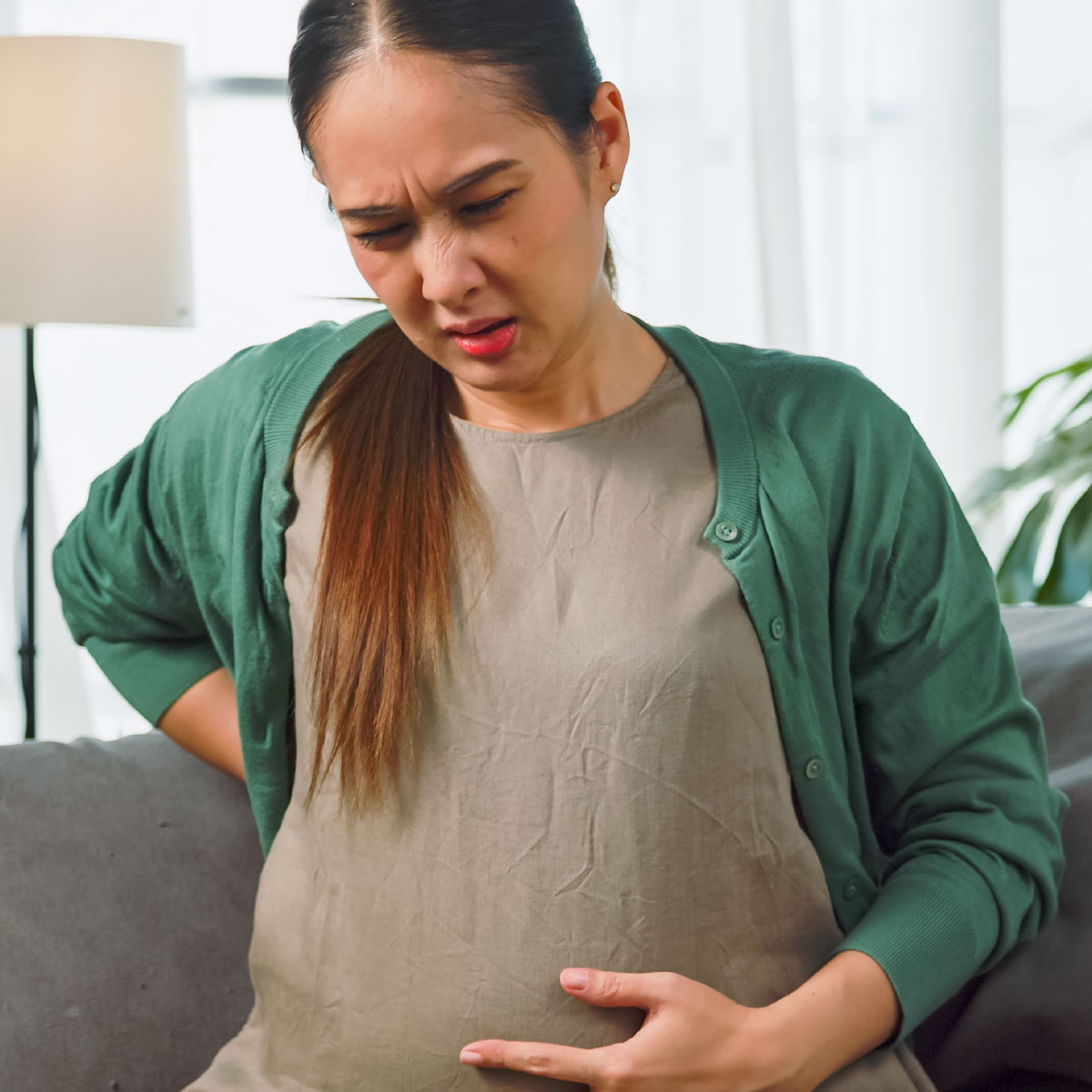
It is estimated that approximately 50% of pregnant women will experience constipation in pregnancy. Yes, constipation is quite common and can be quite difficult to manage during pregnancy. Hormonal changes and dietary factors can be a cause of constipation, as these are more common when you are expecting a little one.
Among a myriad of questions, one question that is frequently asked is when does constipation start in pregnancy? In this blog, we will answer this question and present effective ways to prevent and manage constipation during pregnancy.
When Does Constipation Start?
According to research, the prevalence of constipation in pregnancy is estimated to range from 11% to 38%. Constipation is a common symptom in pregnancy, and it occurs due to the rise in progesterone levels. This hormone helps in relaxing the muscles of the intestine, which can cause constipation due to slower digestion. Here is how the prevalence of constipation is during the different stages of pregnancy:
Constipation in First Trimester
After the last menstrual period, the first trimester begins and lasts until the end of week 12. Several hormonal changes accompany this as the fetus's development gets started. Constipation can start in the first trimester due to changes in progesterone levels. However, it is not common during this stage and can start as early as 6 weeks for some.
Second Trimester
The second trimester spans from weeks 13 to 26 and is often accompanied by fatigue and other digestion problems. During this phase, many women experience an increase in symptoms such as constipation. As the uterus grows, it exerts pressure on the intestine, increasing the risks of constipation. It is also common to experience bloating and abdominal discomfort alongside constipation during this trimester.
Third Trimester
The third trimester is the final stage of pregnancy, lasting between weeks 27 and 40. Constipation tends to peak during this period as the baby grows in size. The American College of Obstetricians and Gynecologists defines constipation as having fewer than three bowel movements per week. This is common during the third trimester, and proactive steps need to be taken to reduce constipation.
Managing Constipation in Pregnancy
Managing constipation is easier when you are active and have a healthy diet. Here are some of the tips that you can use to help you reduce constipation.
- Stay Hydrated
During pregnancy, it is advised to drink between 8 to 12 cups (64 to 96 ounces) of water each day. Insufficient water intake can lead to dehydration, which can cause constipation. Having healthy amounts of water also helps you have regular bowel movements and improves the digestion process.
- Exercise
Exercise not only helps to have good immunity and stamina, but it can also stimulate bowel movements. Prenatal Yoga can be beneficial in such cases along with light exercise, which will help improve the digestion process as well. Also, it is recommended to have light to moderate exercise to avoid any other problems during pregnancy.
- Add Fiber to your Daily Diet
One of the best ways to prevent and treat constipation is to add fiber-rich foods to your diet. Have fruits and vegetables in your diet, which can help with good digestion and prevent gut problems. Fruits such as apples and pears can be quite useful when you are looking to add fiber to your daily intake.
Wrapping Up,
Constipation in pregnancy is a common and often uncomfortable experience, but understanding what causes it can help you avoid it in the future. It is more common during the second and third trimester and can leave you with discomfort. Having a good diet and adding exercise to your daily routine is the key here.
While you are expecting to welcome a little one, you can plan to safeguard the future of your baby. Cryoviva provides stem cell banking facilities that help you preserve valuable stem cells, which can help treat potential diseases and disorders. So, connect with Cryoviva experts today!

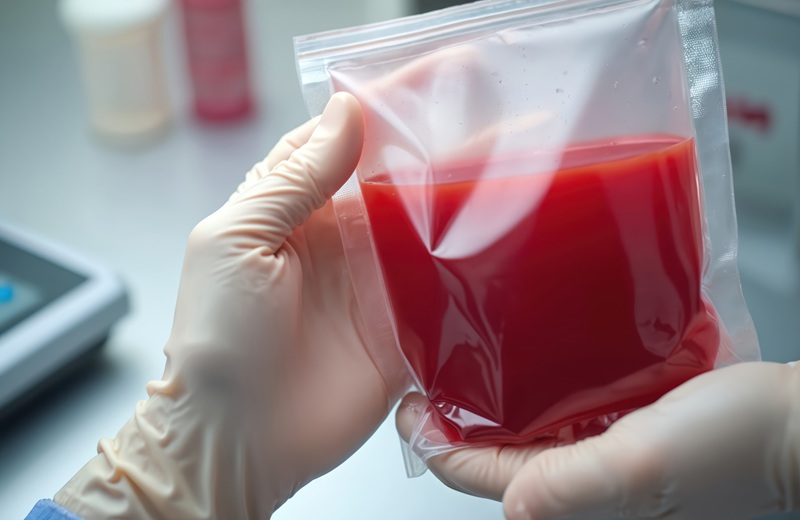
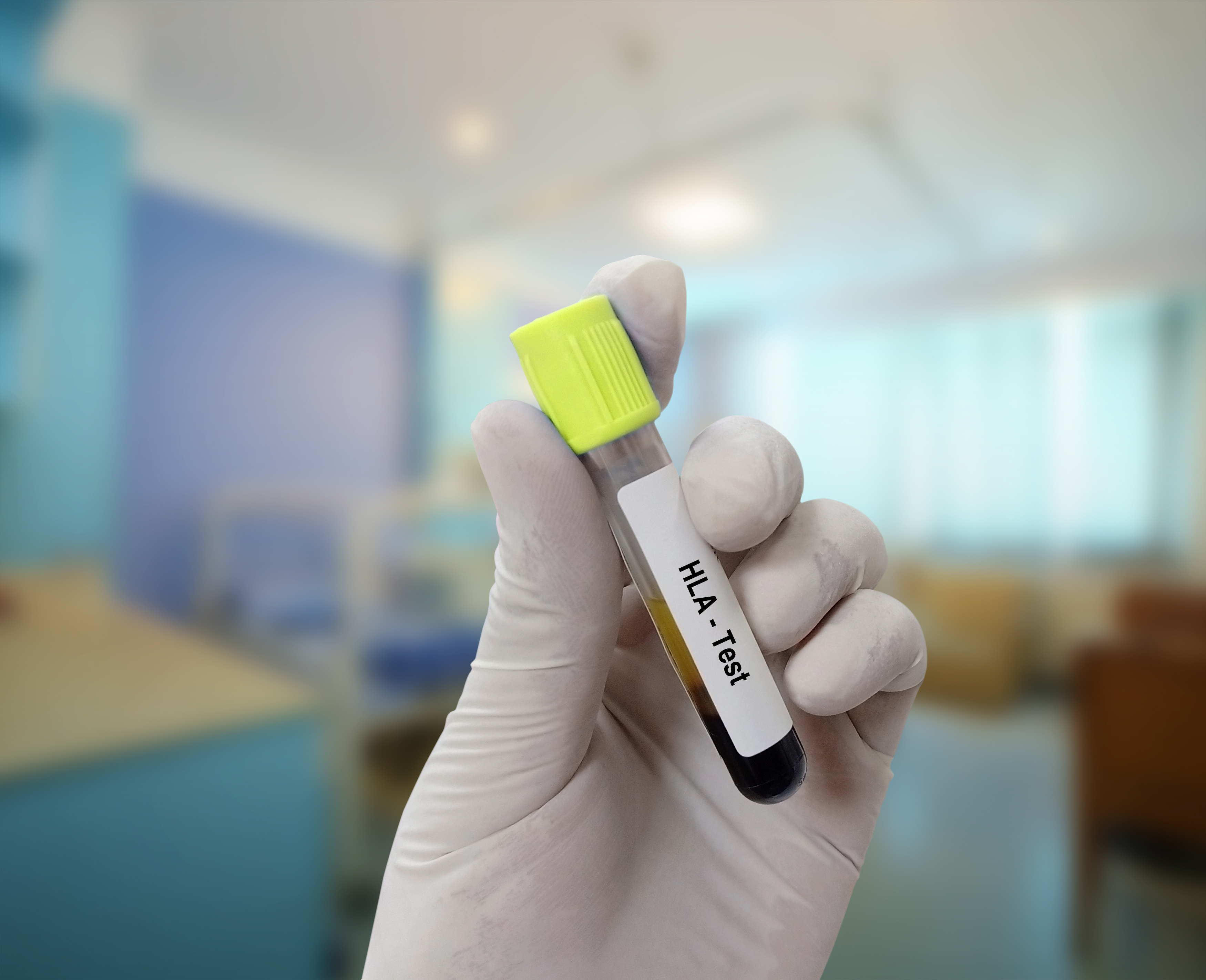
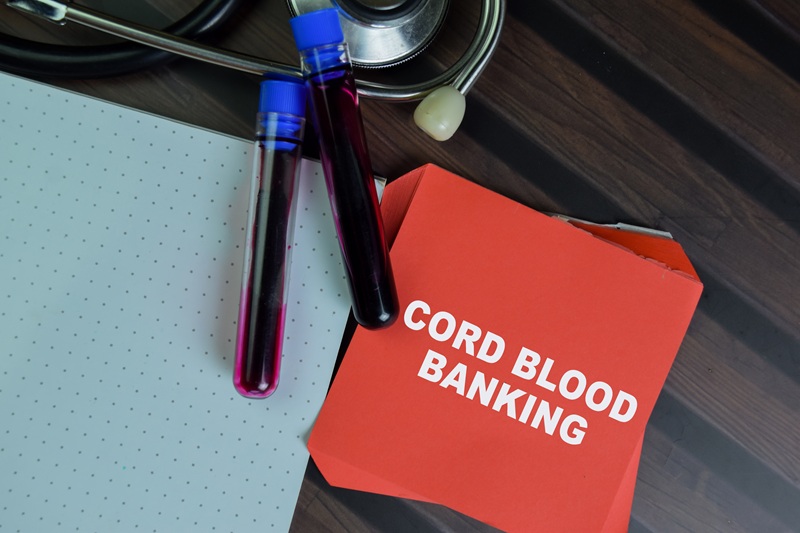

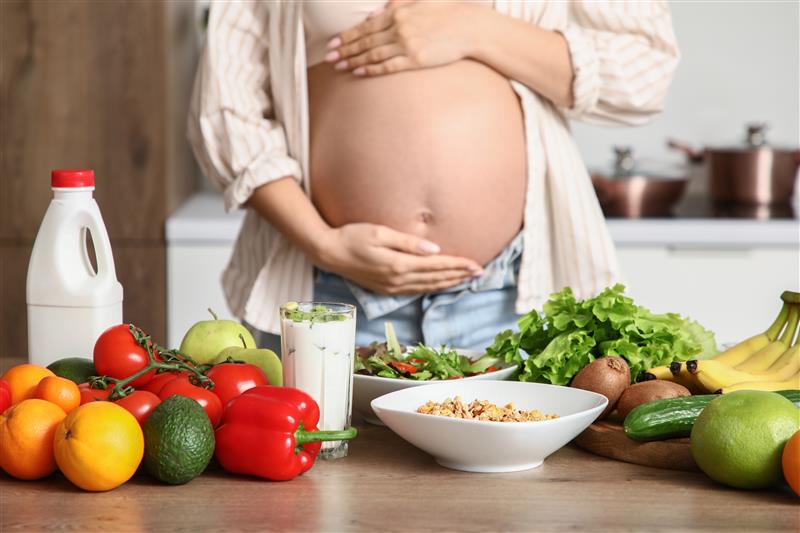






 Enquiry
Enquiry
 Email
Email Phone
Phone
 Whatsapp
Whatsapp